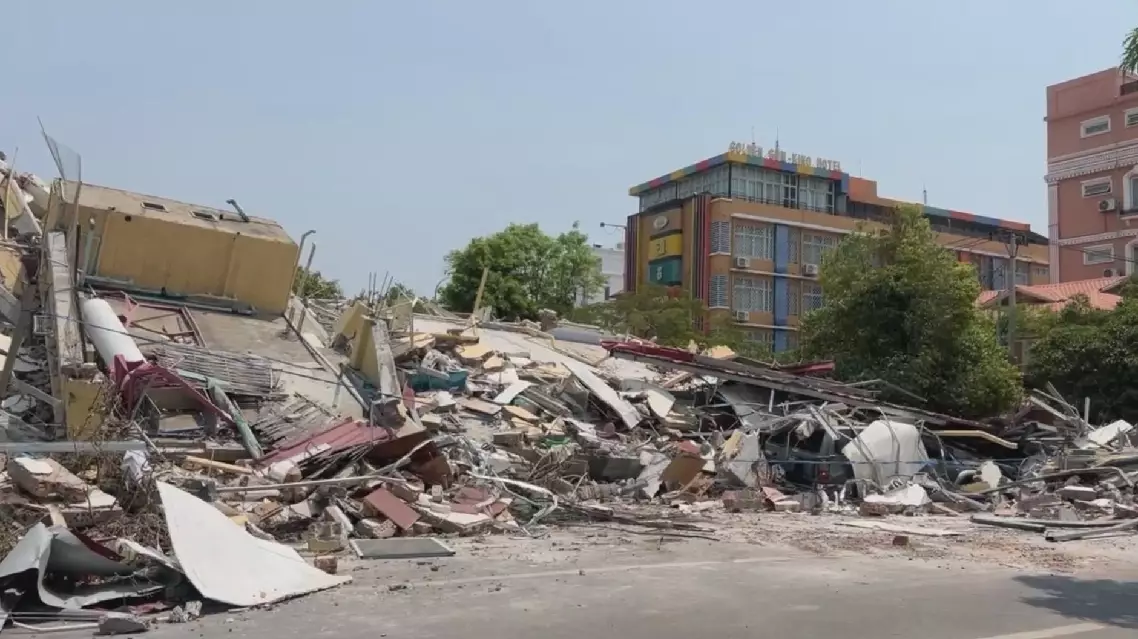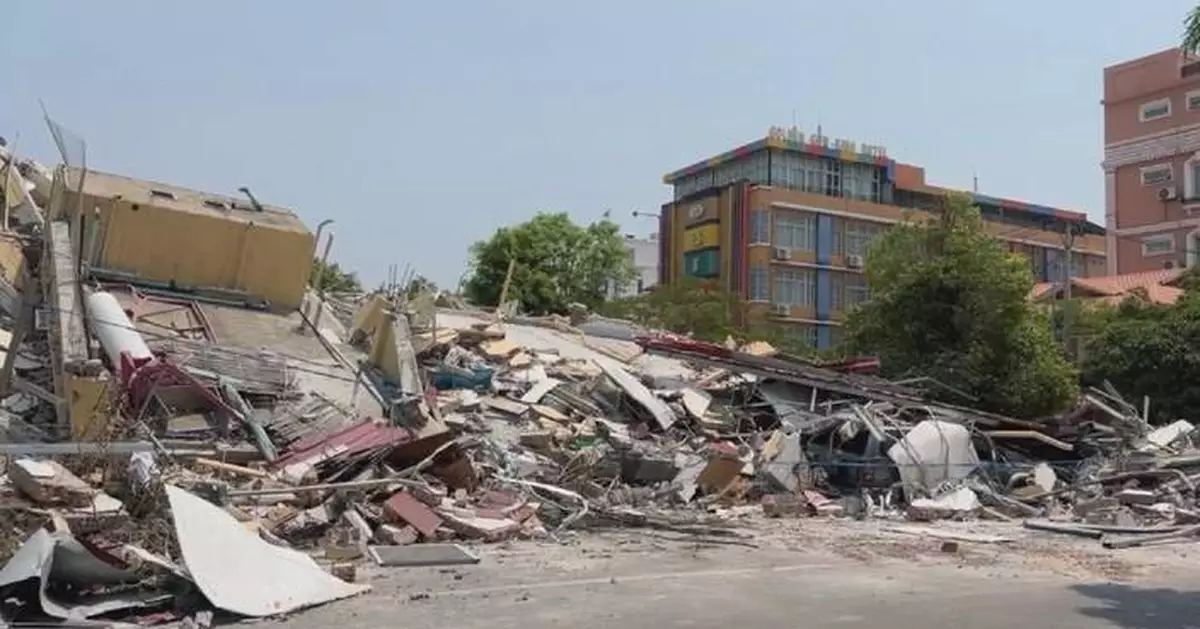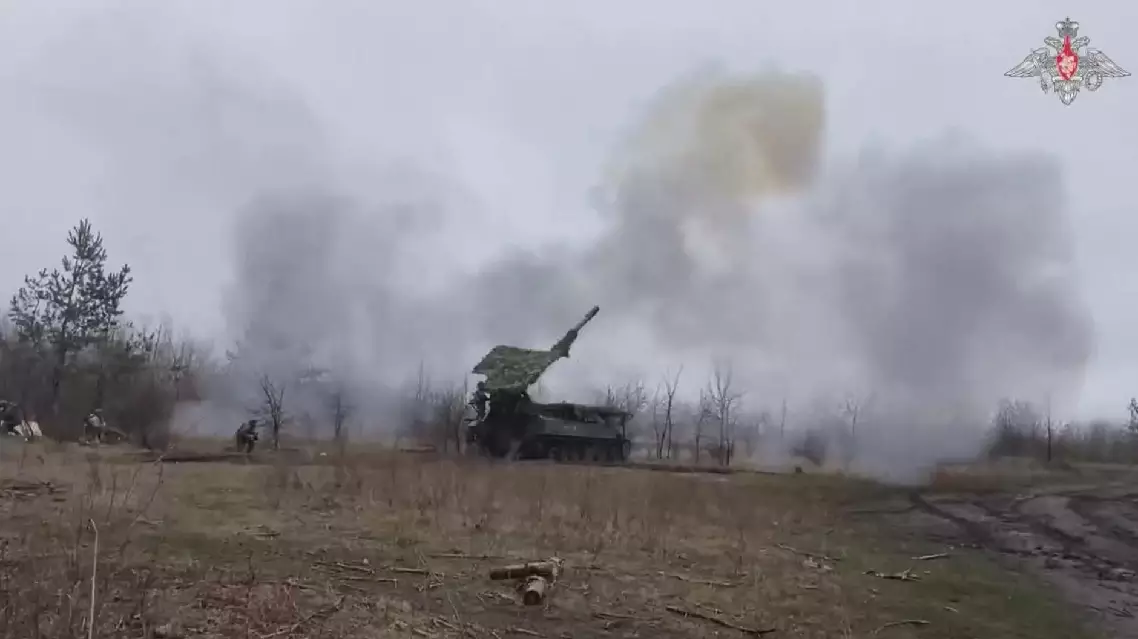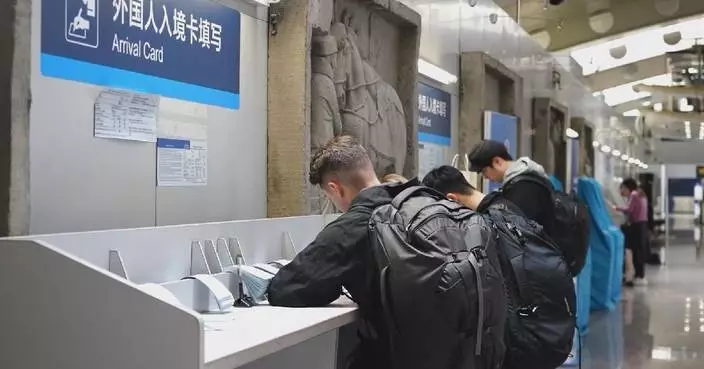International humanitarian organizations, including the International Committee of the Red Cross (ICRC) and the International Federation of Red Cross and Red Crescent Societies (IFRC), emphasized the widespread destruction caused by the devastating earthquake in central Myanmar and commended China's rapid response to the crisis.
The death toll from the 7.9-magnitude earthquake has risen to 3,145, with 4,589 people injured and 221 reported missing, the Myanmar Radio and Television reported on Thursday.
Mandalay, Bago, Magway, the northeastern Shan state, Sagaing, and Nay Pyi Taw are among the hardest-hit regions.
During interviews with China Global Television Network (CGTN), staff from the two global humanitarian organizations emphasized that numerous quake-hit areas remain inaccessible.
"There are many areas that we are still trying to access and see what the effects are and assess the situation. As you can imagine, a lot of the way of transportation to get to those areas has been destroyed and so accessing those communities has been really difficult," said Stephanie Xu, a Public Relations specialist at ICRC Myanmar.
"It's been a week now since the earthquake in Myanmar. We're still getting an emerging picture of the scale of the damage and the loss of life. Countless people are on the streets. People are still hoping that their loved ones might still be rescued. But hope is fading. There's clearly not enough medical care, not enough water. Electricity is down, water is not being pumped. It's extremely hot. These were some of the most vulnerable people in the world anyway, and now they've been dealt another terrible blow," said Alexander Matheou, Asia-Pacific regional director for the IFRC.
Stephanie Xu noted that damaged infrastructure and logistical hurdles are delaying the delivery of essential supplies, such as medicines, food, drinking water, and hygiene products, to the disaster-stricken area.
"With the ICRC, we have already sent out convoys of materials for the communities. So we have sent chlorine tabs for clean water. We sent help kits. We have sent body bags as well. I imagine in the next little while these items will be slowly dwindling as we recognize the needs for more of our populations. We also have relatively low amounts of food, they need food and basic supplies for cooking, like oil and again water. So, these are all concerns that we need to take into consideration. And of course, we are assessing on the ground how we can provide those items to the populations as well," she said.
The two humanitarian organizations highlighted China's swift response efforts, including the deployment of search and rescue teams, the provision of medical support, and the involvement of the Red Cross Society of China, while acknowledging the broader challenges posed by the disaster.
"From what we have seen so far and mostly that's from our colleagues on the ground is that the search and rescue efforts are extremely courageous, and they are applauded for their fast arrival and fast delivery of support. We have seen them in many parts of the affected areas in Nay Pyi Taw, in Mandalay. And so again, the fact that they are there at the center of the of the earthquake, but also supporting those in the areas that have been most affected is really courageous. We really applaud that and we recognize the efforts," Stephanie Xu continued.
"It was really encouraging right at the beginning. The search and rescue workers of the Red Cross Society of China, they were among the very first neighbors from other countries coming into providing lifesaving support. We hope that China will continue to play an active role in the relief phase, while people need water, shelter, food and in the long-term recovery phase," Matheou said.

Humanitarian organizations commend China for swift disaster response in Myanmar

















































